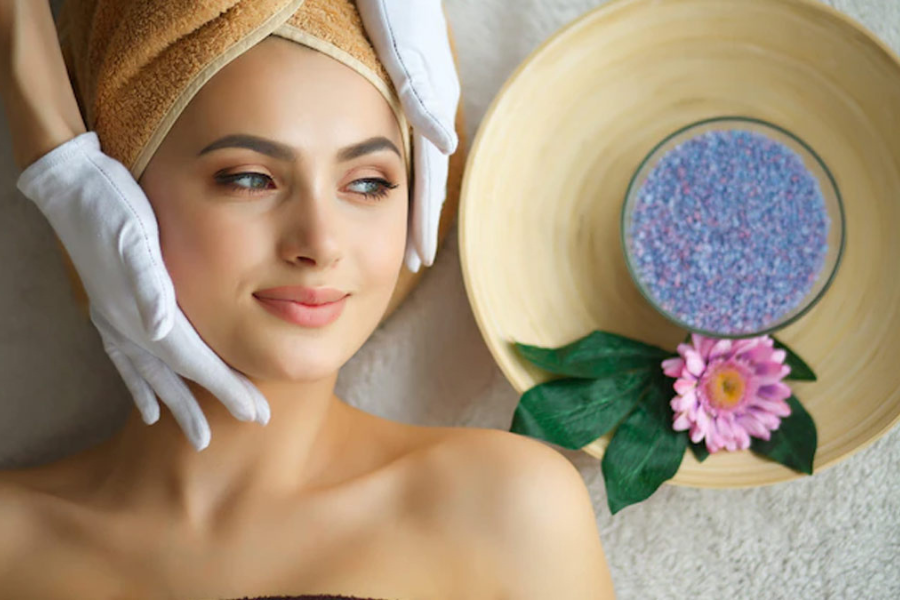An integrative approach to holistic health and wellness combines conventional and traditional medicines with complementary and alternative therapies to address the whole person. It integrates various modes, practices, and disciplines in order to create a personalised and comprehensive approach to health and wellness. The combination of the traditional and alternative therapies aims to bring balance to the physical health, mental health, psychological, emotional well-being, and spiritual growth. It recognises that these elements are interconnected, and seeks to address all these aspects of wellness in a holistic way. Some elements of an integrative approach to holistic health and wellness are: Customised or personalised care: Each person has unique health needs, so an integrative approach takes into account individual factors such as genetics, lifestyle, and personal preferences. Whole-person focus: Rather than focusing only on symptoms or a specific condition, this approach considers the whole person, including physical, mental, psychological, emotional, and spiritual health. Evidence-based practices: Integrative practitioners use both conventional and evidence-based complementary and alternative therapies to support healing and promote wellness Collaboration and coordination: This approach involves collaboration between different healthcare providers and coordination of care across different modalities to ensure that the best possible care is provided to the patient. Emphasis on or prevention and wellness: This approach emphasizes prevention and wellness, rather than just treating illness or disease. Some ways to achieve holistic health and wellness through an integrative approach are: Exercise and movement therapies: Exercise and movement are important for physical health and well-being. Movement therapies such as Yoga, Pilates, Tai Chi, Qigong, and dance therapy can help with flexibility, strength, relaxation and are psychotherapeutic. These movements promote physical health, reduce stress, and improve mental clarity. Nutrition and Nutritional counselling: Nutrition is an essential component of overall health and well-being. A focus on healthy eating habits and proper nutrition is essential for holistic wellness. Integrative practitioners may use dietary approaches, such as functional nutrition or Ayurveda, to help clients optimize their health and prevent chronic diseases. Integrative health practitioners can also provide nutritional counselling to help individuals achieve a balanced diet and address any nutritional deficiencies. Mind-body practices: These practices and techniques are diverse and are mostly administered by integrative practitioners and mind-body experts or teachers. Techniques and practices include behavioural, psychological, social, expressive, and spiritual approaches. Some examples are – meditation, mindfulness, and deep breathing exercises, guided imagery, prayer, tai chi, cognitive behavioural therapy (CBT), emotional freedom technique (EFT), yoga, biofeedback, hypnotherapy, NLP (neuro linguistic programming), acupuncture, massage therapy, relaxation techniques, spinal manipulation etc. These practices and techniques can help promote emotional well-being, reduce stress and anxiety, and improve overall mental health. Integrative practitioners may use these practices to help clients manage anxiety, trauma, depression, or other mental health conditions. They help reset energy and restore emotional and physical imbalances. Spiritual and emotional health: Integrative practitioners may also focus on spiritual and emotional health, using practices such as prayer, journaling, or energy healing to help clients connect with their inner selves and improve their emotional well-being. Incorporating traditional medicines and complimentary therapies: Conventional medicine can play an important role in managing illness and disease. An integrative holistic approach to health and wellness incorporates conventional medical treatments alongside alternative therapies and complimentary medicines and therapies. For example, acupuncture, massage, or herbal medicine can support the body’s natural healing processes. Environmental factors: An integrative approach to health also considers environmental factors, such as exposure to toxins or pollutants, and their impact on overall health An integrative approach to holistic health and wellness recognizes that every individual is unique and that there is no one-size-fits-all solution to achieving optimal health. It’s important to work with a healthcare and wellness provider who is trained in integrative medicine and modalities. They can help develop a personalized wellness plan that addresses all aspects of your wellness. By combining traditional and alternative therapies, individuals can create a personalized holistic wellness plan that promotes overall health and well-being. This approach recognizes that physical health, psychological and mental health, emotional well-being, and spiritual growth are interconnected, and seeks to address all of these aspects of wellness in a holistic way. By taking an integrative approach to health and wellness, one can achieve optimal health and well-being.





